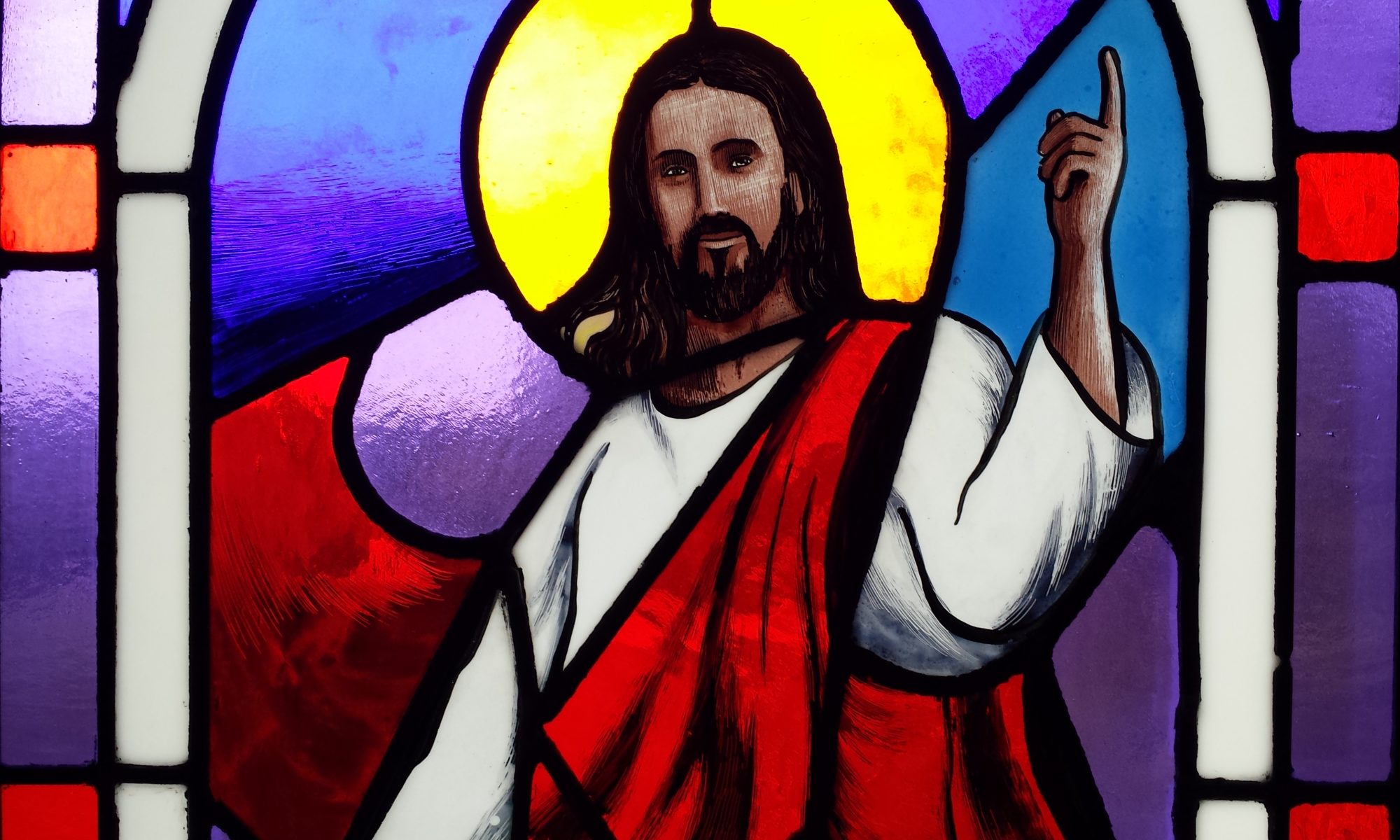Historic Faith
The faith of the Lutheran Church is the historic, apostolic faith of the Christian Church that is derived from the teaching and authority of Jesus. The Lutheran Reformation of the 16th century was a return to the faith of the first Christians who received the message of Jesus Christ crucified and risen.
At Trinity Lutheran Church, our faith is thoroughly biblical. We hold the canonical books of the Old and the New Testaments to be the inspired Word of God (John 14:26; 2 Tim 3:16) and the only source and rule for our teaching and practice.
To search the Scriptures, visit BibleGateway.com
Ancient Liturgy
The Bible is put into practice in our worship. The worship of the Lutheran Church is liturgical, that is, it’s a means by which the gifts of God are delivered. The liturgy is the work of Christ on behalf of His people. He delivers His gifts in both His Word and His Sacraments.
Scripture forms and fills the liturgy at Trinity Lutheran Church. In fact, many of the words we say and sing each week are taken directly from the Scripture. Some parts of the liturgy date back to the first generation of Christians. The hymns we sing span the time of the earliest Christians to modern-day expressions of faith.
Our worship is centered around Preaching, Baptism, and Supper. Through these means, as through instruments, the Holy Spirit gives and sustains our faith until the Last Day.
Read An Explanation of the Common Service on archive.org.
Lutheran Confession
It is not only necessary to believe with your heart, but also to confess with your mouth (Rom 10:8-10; Mt 10:32). To confess means, “to say the same thing.” Our confession of faith in the Lutheran Church is simply to say the same thing as Scripture says. That’s what it means to be Lutheran. The confessions of the Lutheran Church are collected together in a volume called The Book of Concord, which means we confess these things “with one heart.”
The Book of Concord is a collection of writings that provide a detailed summary of the faith that we confess in the Lutheran Church. These writings were composed by various authors during the time of the Reformation to confess the true faith, and were collected together in the year 1580. Included among the writings of the reformers are three Ecumenical Creeds, which attest to the faith of the one, holy, catholic, and apostolic Church.
The symbolical books are:
- The three Ecumenical Creeds: Apostles’; Nicene; and Athanasian
- The Unaltered Augsburg Confession
- The Apology (Defense) of the Augsburg Confession
- The Smalcald Articles of Dr. Martin Luther
- The Treatise on the Power and Primacy of the Pope
- Luther’s Large Catechism
- Luther’s Small Catechism
- The Formula of Concord
For a simple summary, visit the Small Catechism online.
For a more detailed explanation, search the Book of Concord online at bookofconcord.org
